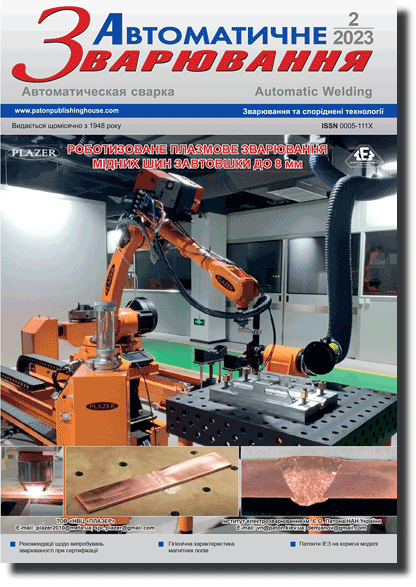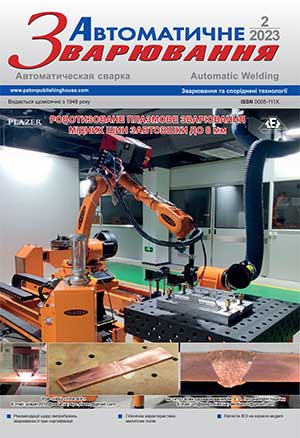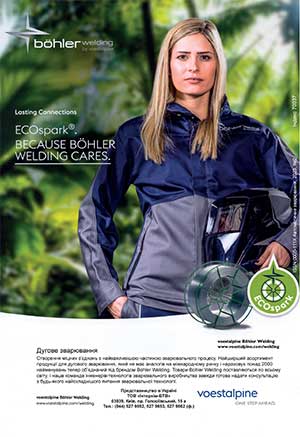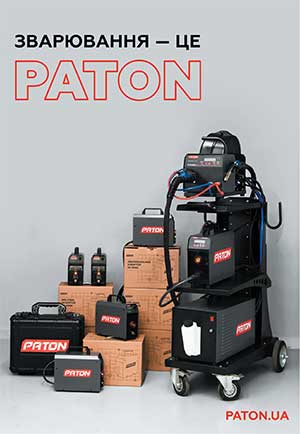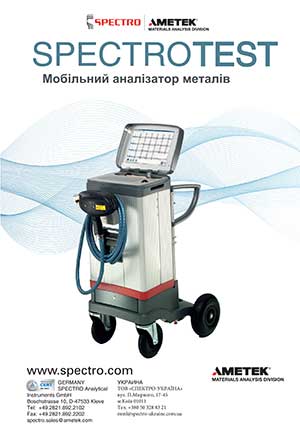| 2023 №02 (05) |
DOI of Article 10.37434/as2023.02.06 |
2023 №02 (07) |
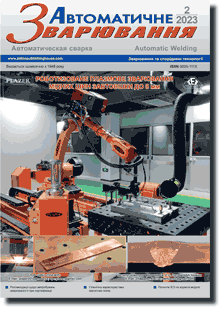
"Avtomatychne Zvaryuvannya" (Automatic Welding), #2, 2023, pp. 40-45
Recommendations on weldability testing at certification of shipbuilding steel production
O.M. Kostin
Admiral Makarov National University of Shipbuilding. 9 Heroiv Ukrainy Ave. 54025, Mykolaiv, Ukraine. E-mail: kostin.weld@gmail.comRecommendations on selection of welding consumables for weldability tests at certification of production of rolled sheets from higher-strength shipbuilding steels were elaborated. It is shown that the certified welding consumables do not ensure the claimed category impact toughness values of weld metal at increase of welding heat input up to 5.0 kJ/mm which is related to critical dendrite growth, dependent on thermal impact. In this connection, in order to obtain guaranteed positive results, the control welded joints should be regarded as particularly critical structures, which allows, in keeping with the Classification Society Rules (Lloyd Register – LR, Veritas Bureau – BV, etc.), specifying the use of combinations of welding consumables, being one category higher than the optimal one, for instance, 4Y instead of 3Y or 5Y40 instead of 4Y40. 11 Ref., 1 Tabl., 4 Fig.
Keywords: production certification, shipbuilding steelsі, welded joints, welding consumables, weldability tests
Received: 02.01.2023
References
1. Zhu, H. (2019) Effect of Heat Input on Weld Structure and Mechanical Properties of Marine Engineering Steel. Journal of Coastal Research, 94, 352-356. https://doi.org/10.2112/SI94-072.12. Liu, D., Yang, J., Zhang, Y. et al. (2021) Effect of Welding Heat Input on the Microstructure and Impact Toughness of HAZ in 420 MPa-Grade Offshore Engineering Steel. Frontiers in Materials, 8, 1-14. https://doi.org/10.3389/fmats.2021.694586
3. Kostin, A.M., Martynenko, V.A. (2017) Analytical and Practical Assessment of Higher Strength Hot-rolled Plate Weldability. The Annals of «Dunarea de Jos» University of Galati, Fascicle XII Welding Equipment and Technology, 28, 45-50.
4. Kostin, O., Martynenko, V., Vakhonina, L. (2022) Integrated Assessment of Weldability of Steel with Increased Strength. Ukrainian Black Sea Region Agrarian Science, 26(2), 9-15. https://doi.org/10.56407/2313-092X/2022-26(2)-1
5. Approval of the Manufacturing Process of Metallic Materials, January 2021. https://marine-offshore.bureauveritas.com/ nr480-approval-manufacturing-process-metallic-materials
6. Guidelines for Qualification of Welding Procedures, Welders and Weldability, December 2020. https://www.lr.org/en/ materials-and-qualification-procedures-for-ships/book-a/
7. Rules for the Manufacture, Testing and Certification of Materials, July 2022. https://www.lr.org/en/rules-for-themanufacture-testing-and-certification-of-materials/
8. Rules on Materials and Welding for the Classification of Marine Units - Edition, July 2022. https://marine-offshore. bureauveritas.com/nr216-rules-materials-and-weldingclassification-marine-units
9. Zhiqiang, S., Yanchang, Q., Hongjun, X. et al. (2015) Effects of Large Heat Input on Microstructure and Toughness of E36 Steel Weld Metals with Submerged Arc Welding. Materials Science and Technology, 6, 7-11.
10. Approved welding consumables for use in ship construction / AWCD 03 Submerged arc welding, January 2023. https:// www.lr.org/en/materials-equipment-components-productcertification/ welding-certification-services/
11. Ali Rizvi, S., Ahamad, M. (2018) Effect of Heat Input on the Microstructure and Mechanical Properties of a Welded joint-A Review. International Journal of Applied Engineering Research, 13(6), 184-188.
Advertising in this issue:
The cost of subscription/purchase order journals or individual articles
| Journal/Currency | Annual Set | 1 issue printed |
1 issue |
one article |
| TPWJ/USD | 384 $ | 32 $ | 26 $ | 13 $ |
| TPWJ/EUR | 348 € | 29 € | 24 € | 12 € |
| TPWJ/UAH | 7200 UAH | 600 UAH | 600 UAH | 280 UAH |
| AS/UAH | 1800 UAH | 300 UAH | 300 UAH | 150 UAH |
| AS/USD | 192 $ | 32 $ | 26 $ | 13 $ |
| AS/EUR | 180 € | 30 € | 25 € | 12 € |
| SEM/UAH | 1200 UAH | 300 UAH | 300 UAH | 150 UAH |
| SEM/USD | 128 $ | 32 $ | 26 $ | 13 $ |
| SEM/EUR | 120 € | 30 € | 25 € | 12 € |
| TDNK/UAH | 1200 UAH | 300 UAH | 300 UAH | 150 UAH |
| TDNK/USD | 128 $ | 32 $ | 26 $ | 13 $ |
| TDNK/EUR | 120 € | 30 € | 25 € | 15 € |
AS = «Automatic Welding» - 6 issues per year;
TPWJ = «PATON WELDING JOURNAL» - 12 issues per year;
SEM = «Electrometallurgy Today» - 4 issues per year;
TDNK = «Technical Diagnostics and Non-Destructive Testing» - 4 issues per year.




